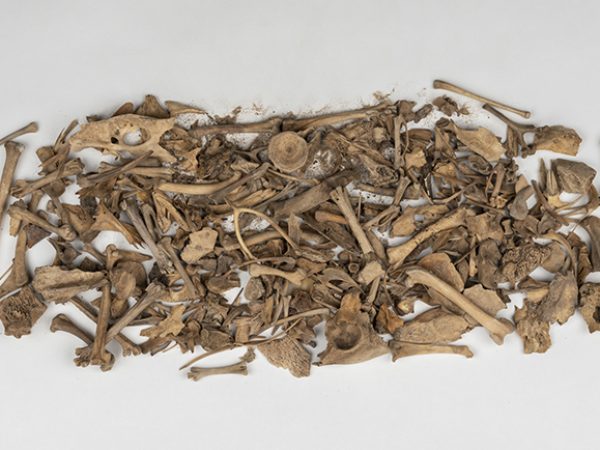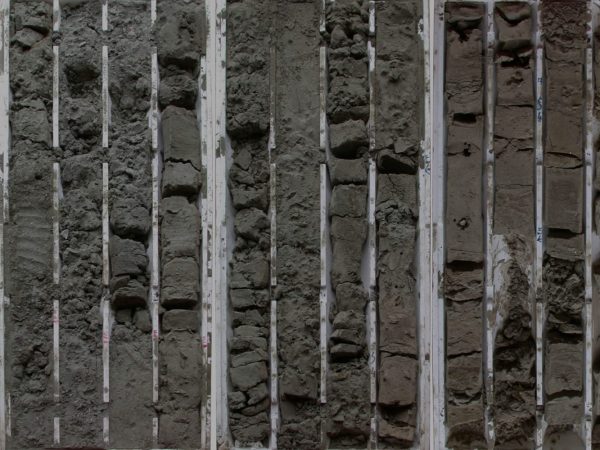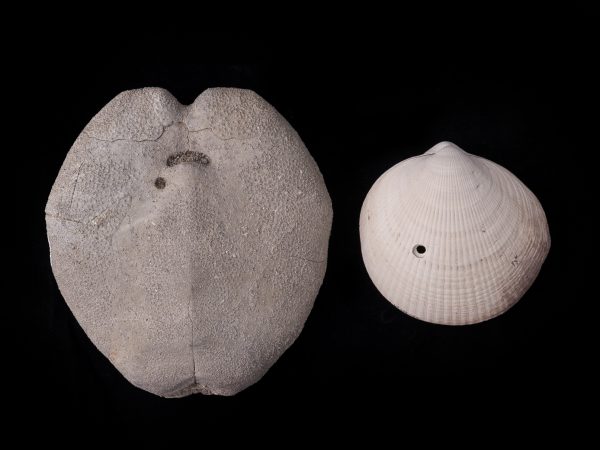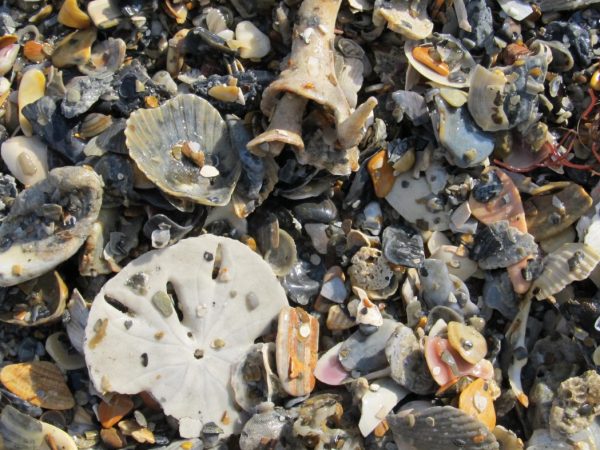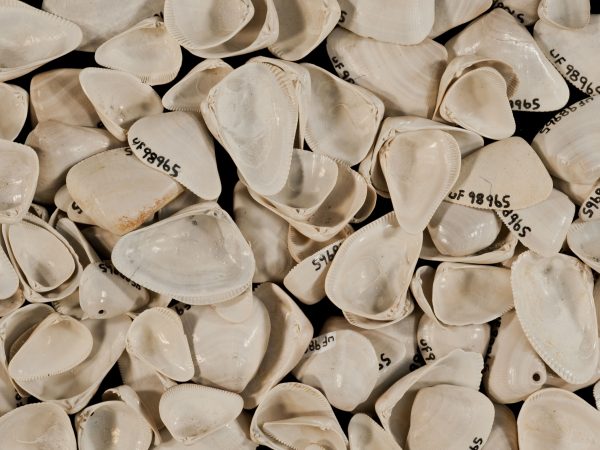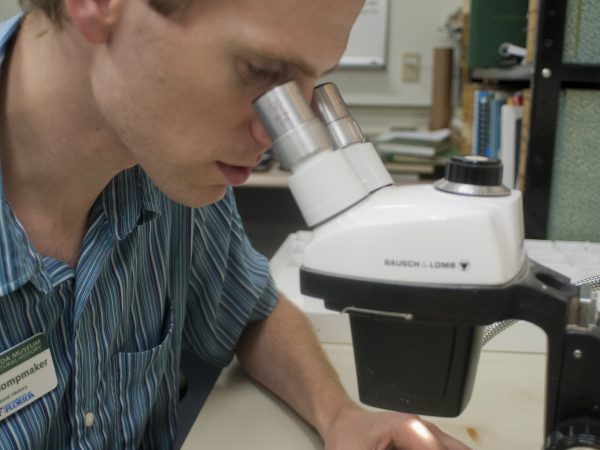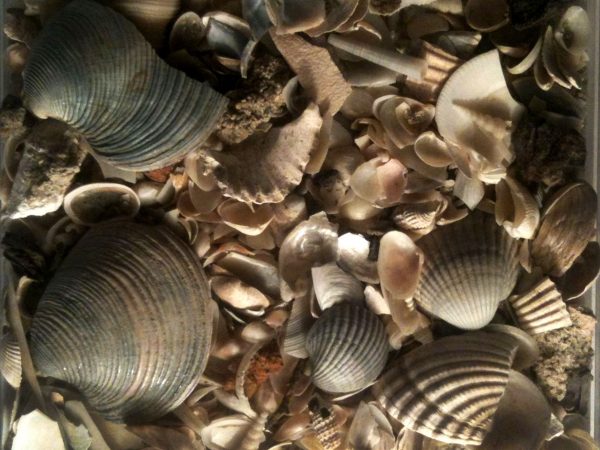Florida Museum receives NSF grant to lead conservation paleobiology research network
The National Science Foundation awarded the Florida Museum of Natural History a $500,000 grant to develop a research coordination network…
Read More
The walking dead: Fossils on the move can distort patterns of mass extinctions
Using the fossil record to accurately estimate the timing and pace of past mass extinctions is no easy task, and…
Read More
Drill holes in fossil shells point to bigger predators picking on small prey
The drill holes left in fossil shells by hunters such as snails and slugs show marine predators have grown steadily…
Read More
Mollusk graveyards are time machines to oceans’ pristine past
A Florida Museum of Natural History study shows that mollusk fossils provide a reliable measure of human-driven changes in marine ecosystems…
Read More
Humans altering Adriatic ecosystems more than nature
The ecosystems of the Adriatic Sea have weathered natural climate shifts for 125,000 years, but humans could be rapidly altering…
Read More
Seashell loss due to tourism may have global impact
Tourism may be damaging the very destinations treasured by visitors. Global tourism has increased fourfold over the last 30 years,…
Read More
Crustaceans vulnerable as coral reefs decline
Nearly 150 million years ago, many ancient crustaceans went extinct following a massive collapse of reefs across the planet, and…
Read More
New test adds to scientists’ understanding of Earth’s history, resources
A new study co-authored by a Florida Museum researcher provides the first direct chronological test of sequence stratigraphy, a powerful…
Read More
